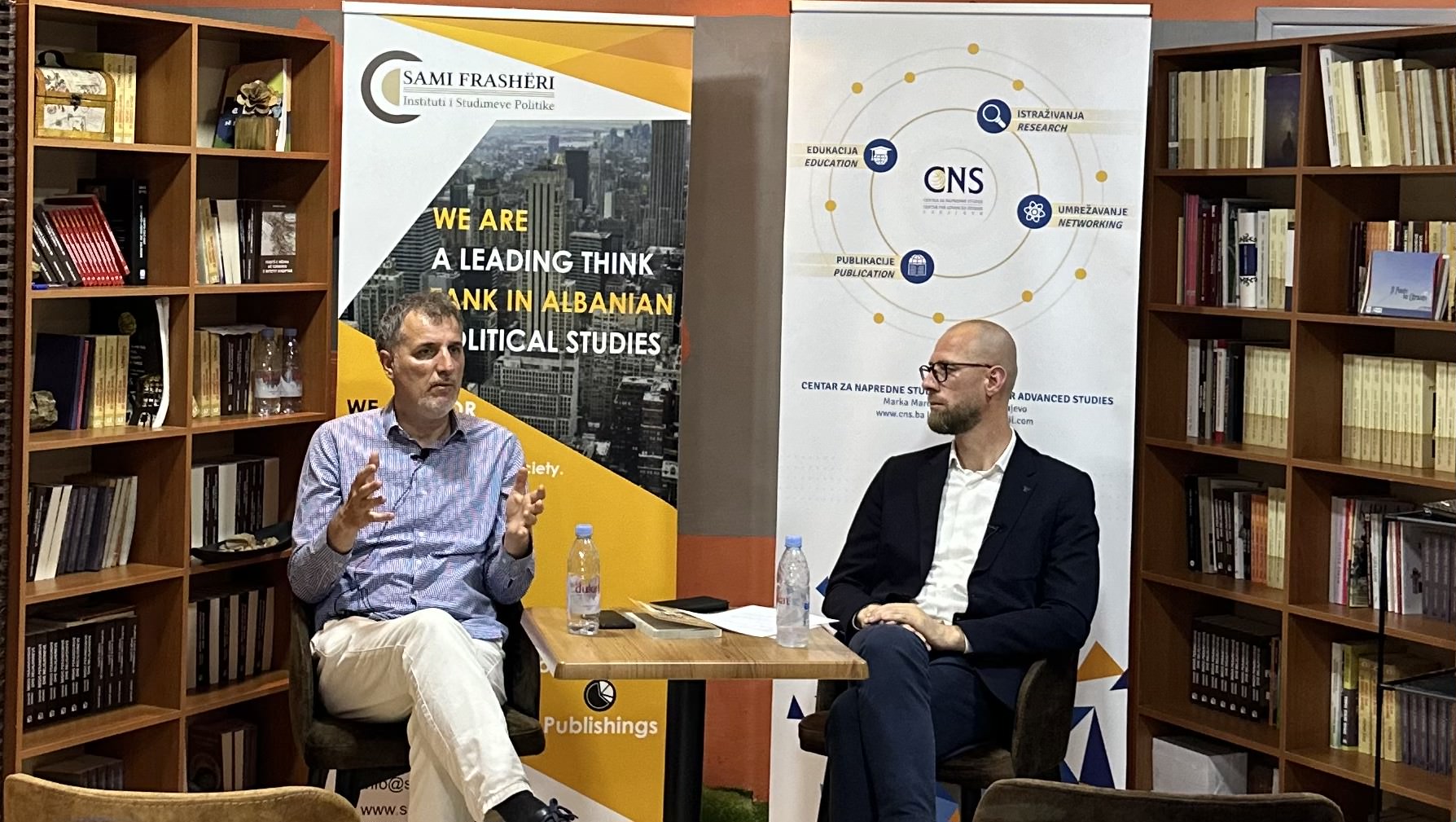June 9, 2023 – The “Open Seminars” series, renowned for its insightful discussions on geopolitics, recently welcomed Dr. Emir Hadzikadunic, a former ambassador and esteemed expert in Balkan security. The seminar focused on the evolving American strategy in the Balkans, which Dr. Hadzikadunic critically evaluated, offering his profound insights into the implications of this new ‘software’ for the region.
A New Strategic Vision:
Dr. Hadzikadunic presented an analysis of the current American strategy that proposes dividing the Western Balkans around three spheres of influence—Serbia, Croatia, and Albania. He argued that such an approach could undermine the interests of smaller states like Bosnia and Herzegovina, Kosovo, North Macedonia, and Montenegro, potentially destabilizing the region.
Realism vs. Liberal Principles:
The seminar delved into the realist underpinnings of this strategy, which prioritizes the interests of more powerful nations. Dr. Hadzikadunic cautioned against this approach, suggesting it might invite other regional actors like Italy, Turkey, and Hungary to pursue their ambitions similarly, fostering a competitive environment for influence in the Balkans and across Europe.
Dr. Hadzikadunic criticized the selective application of realist and liberal principles, highlighting the dangers of allowing some actors to operate under realist logic while others are expected to adhere to liberal norms. He advocated for a consistent and fair application of a liberal, rules-based international order that ensures equal treatment of all states in interstate relations and within international institutions.
Advocating for a Liberal, Rules-Based Order:
Emphasizing the importance of a liberal, rules-based order, Dr. Hadzikadunic argued for the equitable treatment of all actors on the international stage. He stressed that favoring major powers at the expense of smaller states could lead to instability and conflict, undermining efforts to achieve lasting peace in the Balkans.
Reflections and Policy Implications:
Dr. Hadzikadunic’s seminar raised critical questions about the viability and consequences of adopting a realist approach in the Balkans. His insights highlighted the need for policymakers to reconsider this strategy, advocating for an approach grounded in norms and rules rather than power politics to ensure the region’s long-term stability and security.
The “Open Seminars” series continues to provide a vital platform for exploring complex geopolitical issues, fostering a deeper understanding among participants and encouraging informed discussions on the future of the Balkans and beyond. Dr. Hadzikadunic’s thought-provoking presentation underscored the significance of adopting a principled stance in international relations to safeguard the interests of all nations, regardless of their size or power.


 Share on WhatsApp
Share on WhatsApp
 Share on Facebook
Share on Facebook

